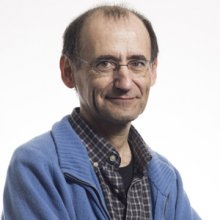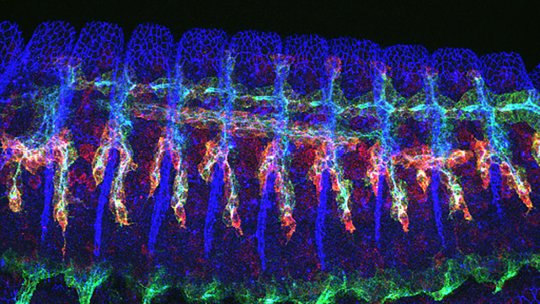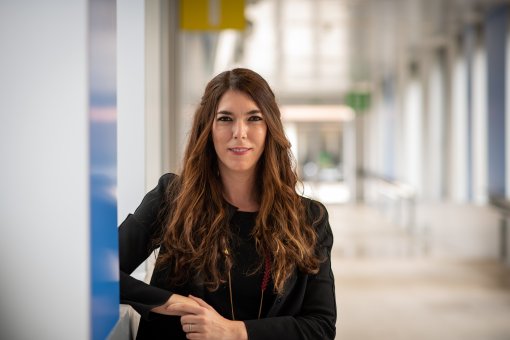Images
Participants

Contact

From today and until Wednesday, 150 scientists from around the world will debate plasticity and cell migration in the new gathering in the Barcelona Biomed Conference Series, organised by IRB Barcelona and the BBVA Foundation.
The 28th conference in this series brings together biologists devoted to the study of development in animal models, specialists in cancer, and paediatricians.
How do paediatric cancers differ from those in adults? What makes a static cell migrate and promote metastasis? How do differentiated cells become tissue repair cells? These are all questions that can be answered through the study of cell biology and development in animal models such as flies, mice and zebra fish.
Today, around 20 speakers from around the world and 150 participants will debate cutting-edge research into plasticity and cell migration—two key aspects in paediatric cancer, metastasis, and regeneration. From today and until Wednesday, these scientists will gather at the Institut d’Estudis Catalans on the occasion of the 28th Barcelona Biomed Conference, an event organised by the Institute for Research in Biomedicine (IRB Barcelona), with the support of the BBVA Foundation.
Jordi Casanova, IRB Barcelona scientist and CSIC researcher, and Jean Paul Thiery, from the University of Singapore, co-organisers of the event, which is entitled "Epithelial transitions and cell migration: learning from development to tackle disease", have brought together scientists working on the transitions that certain static cells undergo to become migratory cells, and vice versa, to cover specific requirements.
The list of guest speakers includes Jaume Mora, a physician-scientist at the Hospital San Joan de Déu specialised in paediatric cancer. "Adult cancers arise as a result of various mutations, but in children, a single mutation can cause cancer by conferring cell plasticity. However, this same property can also allow cancer to go into remission without treatment," explains Casanova. "This is why research into cell plasticity during development is particularly relevant for physicians working in paediatric cancer," he adds.
Cell reversibility and movement are also critical for the spread of cancer. "A static cancer cell cannot colonise other organs," explains Casanova. These cells undergo two transitions: from epithelial cells (static cells) to mobile cells that leave the tumour, and after, the opposite process, whereby the latter anchor and colonise a new organ. Alternatively, the cells remain in an intermediate state, which can be particularly dangerous. A complete understanding of the genetic bases of these transitions is critical to further our knowledge of metastasis in epithelial cancers, such as in breast, lung, skin and colon cancer, among others. Eduard Batlle, ICREA researcher at IRB Barcelona devoted to colon cancer, will be giving a talk on the progression of this kind of tumour.
Other guest speakers include Maria Leptin, director of EMBO, the main organisation representing European biologists, and a specialist in epithelial transitions, and Jean Paul Thiery, who, together with Ángela Nieto, from the Instituto de Neurociencias de Alicante, have laid the groundwork for international research in these fields.
"As cells become specialised, they lose plasticity. But some of them are in fact able to gain plasticity," explains Casanova. Unravelling the variety and complexity of these processes is one of the key objectives of developmental biology.
Finally, another feature associated with plasticity is regeneration. Using animal models with a high regenerative capacity to study the genetic programmes that are activated to recover lost or damaged tissue will bring about advances in regenerative medicine.
Full programme for the 28th Barcelona Biomed Conference
About IRB Barcelona
The Institute for Research in Biomedicine (IRB Barcelona) pursues a society free of disease. To this end, it conducts multidisciplinary research of excellence to cure cancer and other diseases linked to ageing. It establishes technology transfer agreements with the pharmaceutical industry and major hospitals to bring research results closer to society, and organises a range of science outreach activities to engage the public in an open dialogue. IRB Barcelona is an international centre that hosts 400 researchers and more than 30 nationalities. Recognised as a Severo Ochoa Centre of Excellence since 2011, IRB Barcelona is a CERCA centre and member of the Barcelona Institute of Science and Technology (BIST).




